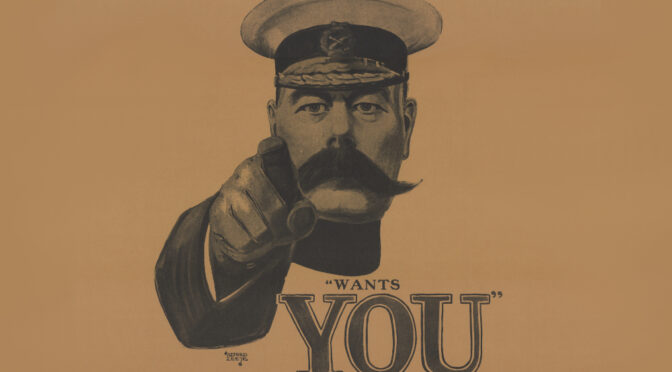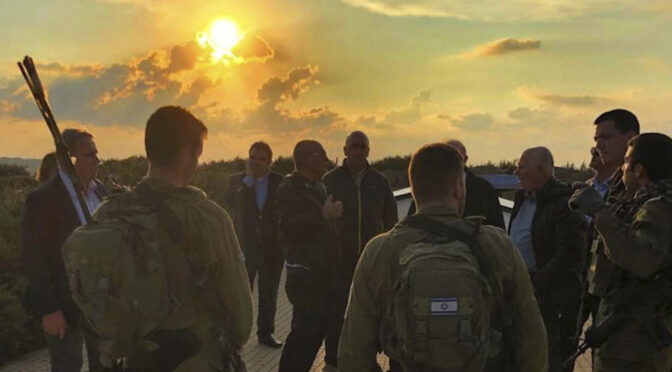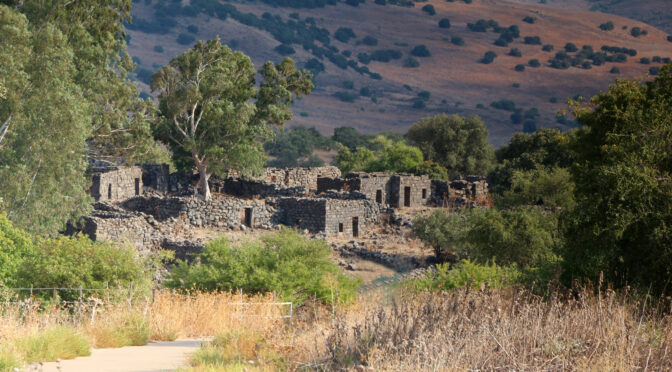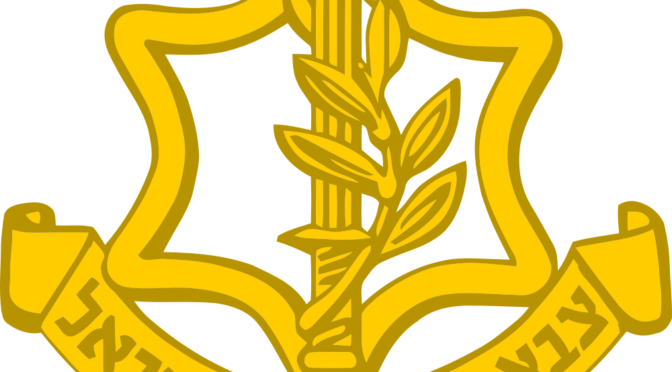Article published in The Sun, 18 April 2019. © Richard Kemp
Boredom and low morale is the biggest enemy our troops face – and is partly to blame for recent criminal behaviour
In the past couple of weeks, we have seen members of the Forces hitting the headlines for shocking behaviour including drug abuse and serious sexual and physical assault.
And yesterday, The Sun reported how Royal Artillery soldiers Louis Leteve and Jordan Peers, both 23, have been arrested on suspicion of attempted murder after allegedly driving into another soldier following a brawl.
Things have got so bad that General Mark Carleton-Smith, the head of the Army, felt the need to berate his troops via YouTube.
Less than a fortnight ago, he took to the social media platform to blast soldiers’ ‘indiscipline that is wildly at odds with the values and standards that represent the fabric of not just our Army but the nation’s Army’.
In the unprecedented address, he added: ‘Not only is it downright unacceptable, it’s illegal — and it stands in stark contrast with everything the British Army represents.
‘Any behaviour that falls short of that high standard we cannot and will not tolerate.’
It was strong stuff indeed. So how has it come to this?
Is Forces discipline really breaking down? Why are our soldiers behaving in this way?
There is no simple answer. But there are many negative powers at work, boredom being the most prevalent.
Boredom is the enemy of high morale and while this is no excuse for reckless and criminal behaviour, this may help account for some of the events we have seen in the past few days.
Morale among troops is highest when they are deployed on challenging operational tasks, such as Iraq and Helmand province.
There is virtually none of that today, although many soldiers are employed in Third World countries on mentoring and training tasks.
But the Forces are severely undermanned and the most tedious duties come round more frequently, creating overstretch, lowering morale. Continue reading









